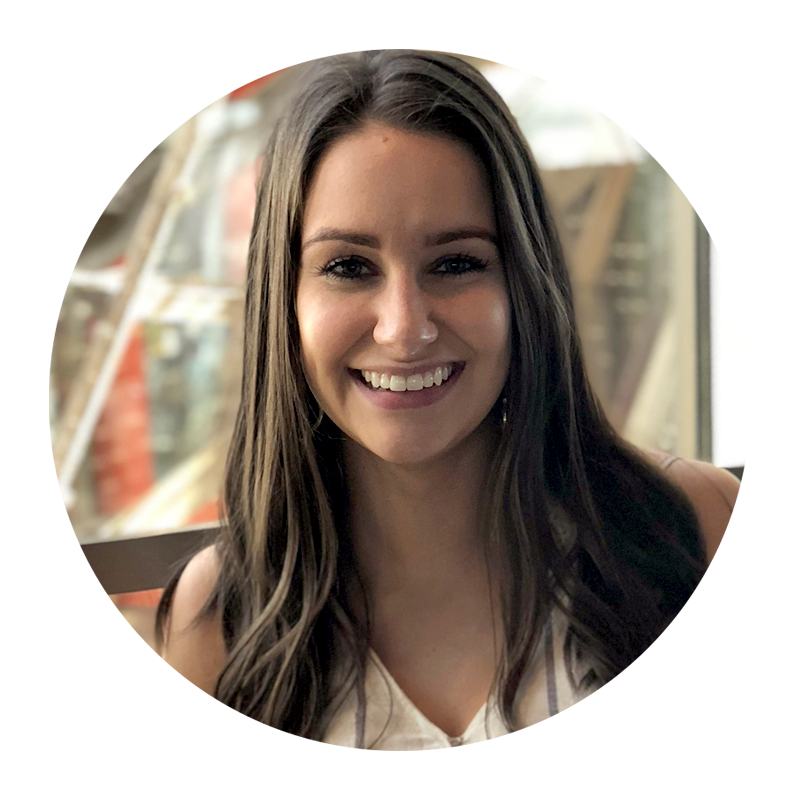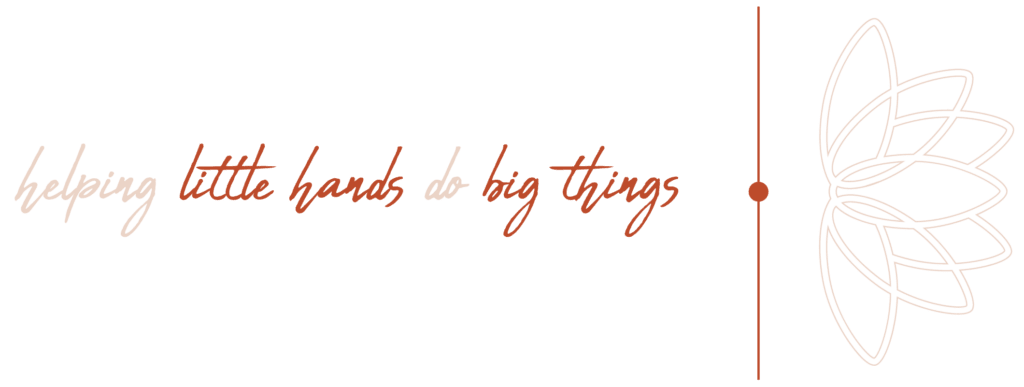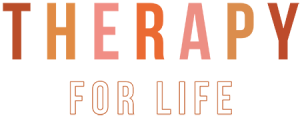Developing Healthy Habits To Last A Lifetime
Feeding Therapy in Houston
About Orofacial Myofunctional Disorders
According to the American Speech-Language-Hearing Association (ASHA), children, teenagers, and adults may suffer from Orofacial Myofunctional Disorders (OMDs). OMDs may interfere with normal growth and development of the muscles and bones of the face and mouth. OMDs may also interfere with how the muscles of the face and mouth are used for eating, talking, and breathing.
People who have an OMD may also have problems with talking, swallowing, and breathing through their nose. Some children push out their tongue when they talk, drink, or eat. This is called tongue thrusting or fronting, and it is one type of OMD.
Signs and Symptoms
Just because a person has some or all of these symptoms does not mean that they have an OMD. Always see a professional for more information.
Some signs of an OMD may include the following:
- Someone who always breathes through the mouth or has difficulty breathing through the nose
- Limited tongue movement
- Eating may be messy or difficult. Keep in mind that it is normal for babies to stick their tongue out and push food out of their mouth. Over time, they do this less
- An overbite, underbite, and/or other dental problems
- The tongue pushing past the teeth, even when a person is not talking or using the tongue
- Difficulty saying some sounds, like “s” in “sun,” “sh” in “ship,” or “j” in “jump”
- Drooling, especially beyond age 2
- Difficulty closing the lips to swallow
Causes
There is no known single cause of OMDs. Several factors may cause them:
- Blocked nasal passages because of tonsil size or allergies. When the nasal passages are blocked, people may need to breathe through their mouth instead
- Anything that causes the tongue to be misplaced at rest or makes it difficult to keep the lips together at rest
- Sucking and chewing habits past the age of 3 years
Seeing a Professional
You may see a few professionals to determine if your child has an OMD. These professionals may include a:
- Dentist
- Orthodontist
- Doctor
- SLP
Your dentist and orthodontist will look at your child’s teeth and how their jaw moves. Doctors can test for allergies and check your child’s tonsils and adenoids. SLPs test your child’s speech and look at how they eat, drink, and breathe.
Speech-Language Pathology Treatment for Orofacial Myofunctional Disorders
After breathing problems are medically evaluated and treated, SLPs can help your child do the following:
- Pay closer attention to their mouth and facial movements
- Know where their tongue and mouth muscles are when they speak, drink, and eat
- Say sounds more clearly
- Change how they chew and swallow
- Practice different breathing patterns
Additional Pediatric Therapy Services
ABA Therapy | Speech Therapy | Occupational Therapy
FEATURED THERAPIST

Macey Flack
- LEAD FEEDING THERAPIST
- MA IN SPEECH-LANGUAGE PATHOLOGY, THE UNIVERSITY OF OKLAHOMA
- BS IN COMMUNICATION SCIENCES AND DISORDERS, THE UNIVERSITY OF OKLAHOMA
- CERTIFICATE OF CLINICAL COMPETENCE
- AMERICAN SPEECH-LANGUAGE-HEARING ASSOCIATION
- TEXAS SPEECH-LANGUAGE-HEARING ASSOCIATION
In addition to treating speech, language, and pragmatic communication disorders, I have developed a love for working with feeding and swallowing challenges. In 2019, I completed post-graduate training in orofacial myofunctional disorders to better serve my patients.



